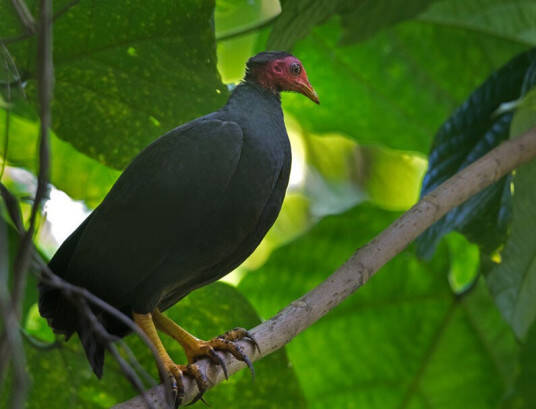
Megapodius layardi
Megapodius layardi,Vanuatu Scrub Fowl
Vanuatu Scrub Fowl is a genus of Megapodius layardi and Vanuatu scrub fowl. ···
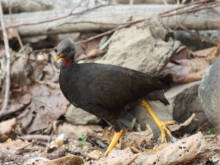
Megapodius laperouse
Megapodius laperouse,Micronesian Scrubfowl
The Micronesian Scrubfowl (Megapodius laperouse) is a large and medium-sized···
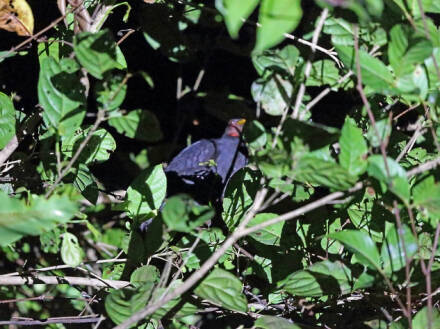
Megapodius geelvinkianus
Megapodius geelvinkianus,Biak Scrubfowl
Biak Scrubfowl (Megapodius geelvinkianus).The diet of the megacan is mainly ···
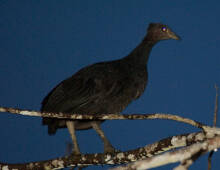
Megapodius freycinet
Megapodius freycinet,Dusky Scrubfowl
The common Megapodius freycinet, also known as Dusky Scrubfowl, is a species···
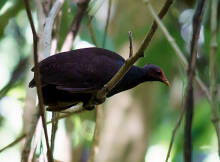
Megapodius eremita
Megapodius eremita,Melanesian Scrubfowl
Melanesian Scrubfowl (Megapodius eremita).The diet of Melanesian megapods is···
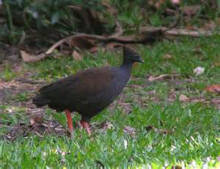
Megapodius decollatus
Megapodius decollatus,New Guinea Scrubfowl
New Guinea Scrubfowl (Megapodius decollatus).The diet of New Guinea megapods···
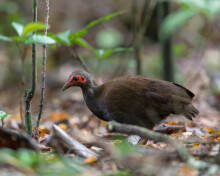
Sula Scrubfowl
Sula Scrubfowl,Megapodius bernsteinii
The Sula Scrubfowl (Megapodius bernsteinii) is a large terrestrial bird ende···
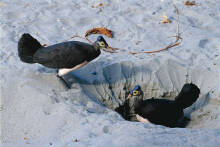
Macrocephalon maleo
Macrocephalon maleo,Maleo
Macrocephalon maleo (Macrocephalon maleo) is the only species of the genus M···
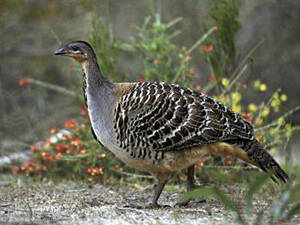
Malleefowl
Malleefowl,Leipoa ocellata
Malleefowl (Leipoa ocellata), no subspecies.The pheasant is very timid and c···
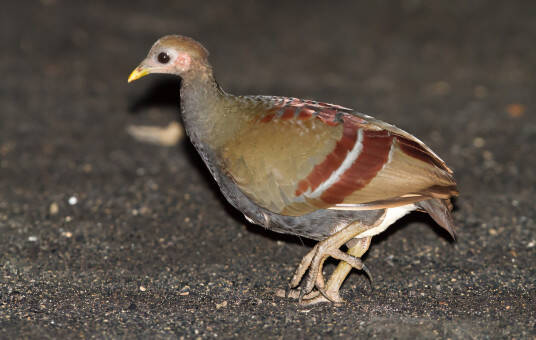
Eulipoa wallacei
Eulipoa wallacei,Moluccan Scrub Hen
The pheasant is known as Eulipoa wallacei or Moluccan Scrub Hen.Protect wild···
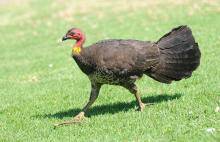
Australian Brush-turkey
Australian Brush-turkey,Alectura lathami
The Australian Brush-turkey pheasant (Alectura lathami) has two subspecies.T···
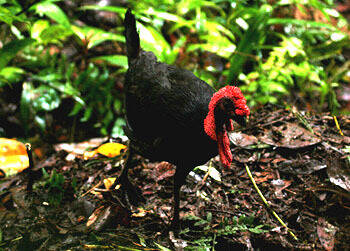
Aepypodius bruijnii
Bruijn’s Brush Turkey,Aepypodius bruijnii
Its scientific name is Aepypodius bruijnii, and its foreign name is Bruijn&#···
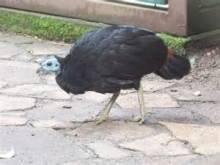
Aepypodius arfakianus
Aepypodius arfakianus,Wattled Brush-turkey
Wattled Brush-turkey (Aepypodius arfakianus) has a special nesting habit. It···
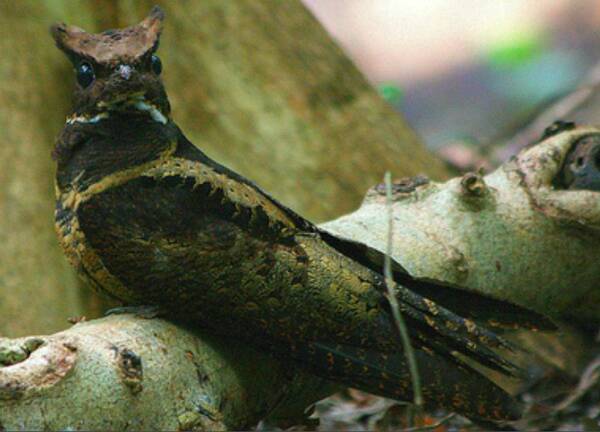
Lyncornis macrotis
Eurostopodus macrotis,Great Eared Nightjar,Lyncornis macrotis
The hairy-legged nightjar is a medium-sized bird of the family Viperidae and···
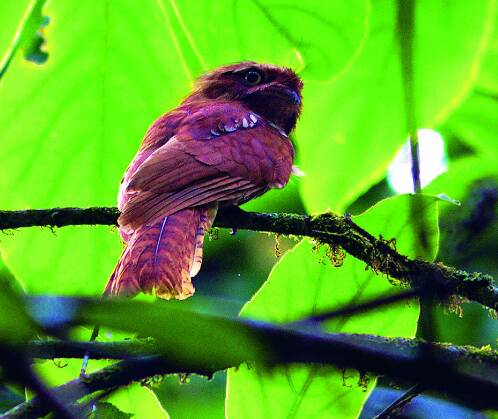
Batrachostomus hodgsoni
Hodgson's Frogmouth,Batrachostomus hodgsoni
The black-capped frogmouth is a small bird. It is similar in shape to a nigh···
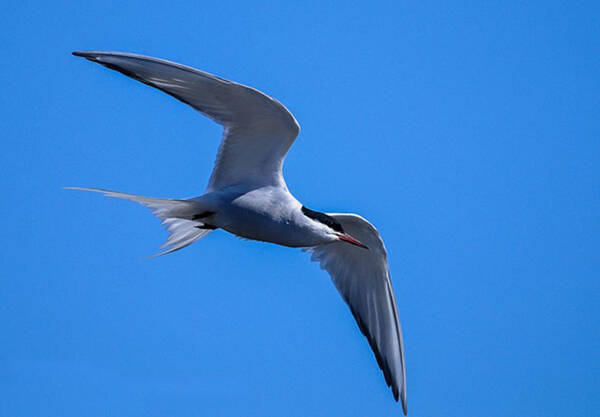
Sterna paradisaea
Arctic Tern ,Sterna paradisaea
The Arctic tern is a seabird belonging to the tern genus. It is medium-sized···
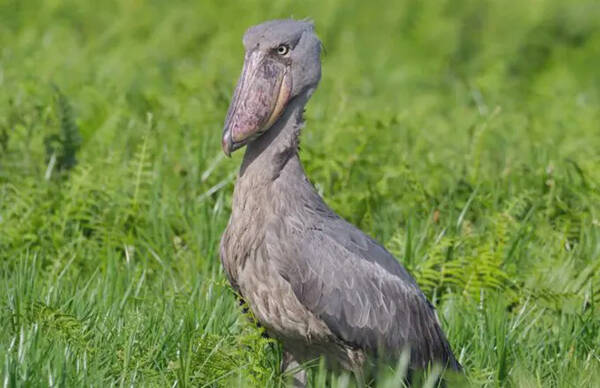
Balaeniceps rex
Balaeniceps rex,Scorpion Stork, Shoe-billed Stork, Zootropod
The largest bird on earth is the Shoebill, the only species in the genus Sho···
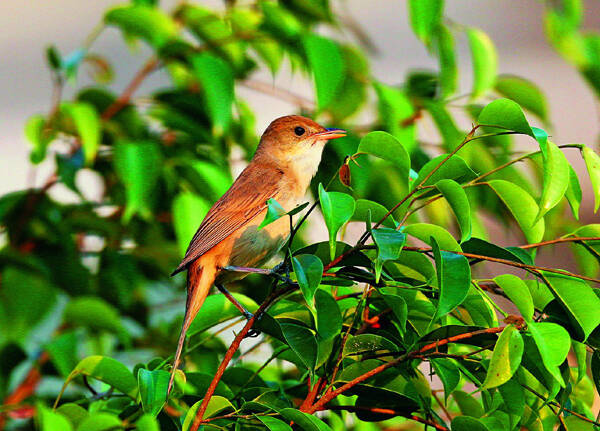
Arundinax aedon
Arundinax aedon,Tree warbler, reed warbler, reed warbler, large-billed warbler
Thick-billed reed warbler is a bird of the family Albizia and genus Albizia.···
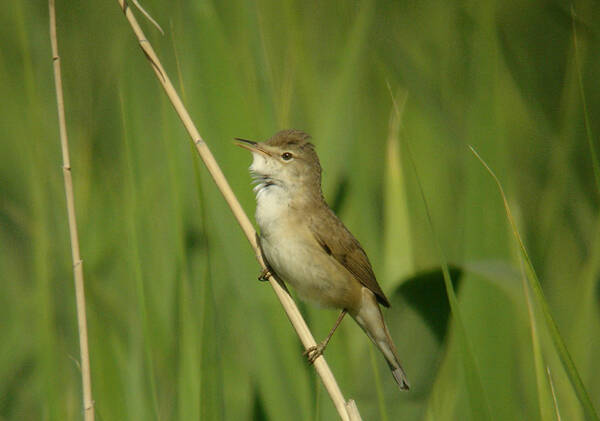
Acrocephalus scirpaceus
Acrocephalus scirpaceus,Large-billed Warbler
Reed warblers are small in size and often move alone or in pairs. They like ···
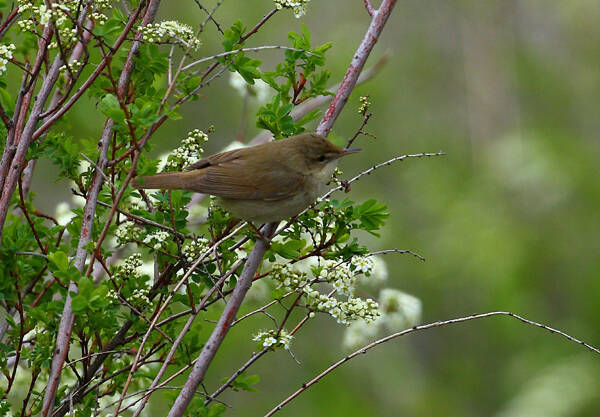
Acrocephalus dumetorum
Acrocephalus dumetorum,Reed Warbler
Brandt's reed warbler is a small bird. The male and female have similar ···
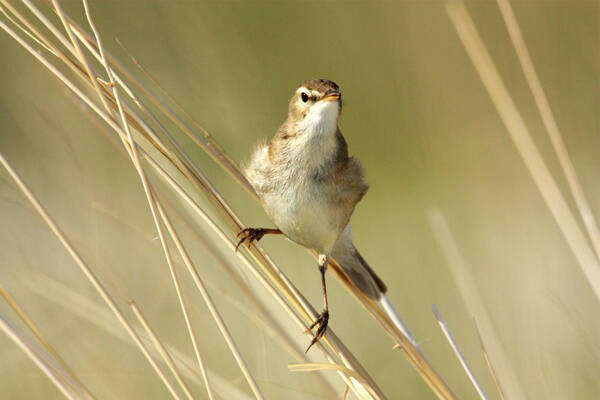
Acrocephalus agricola
Acrocephalus agricola,Double-browed reed warbler, willow warbler, reed warbler, round-winged reed warbler
The rice field reed warbler is a small bird with similar plumage for males a···
